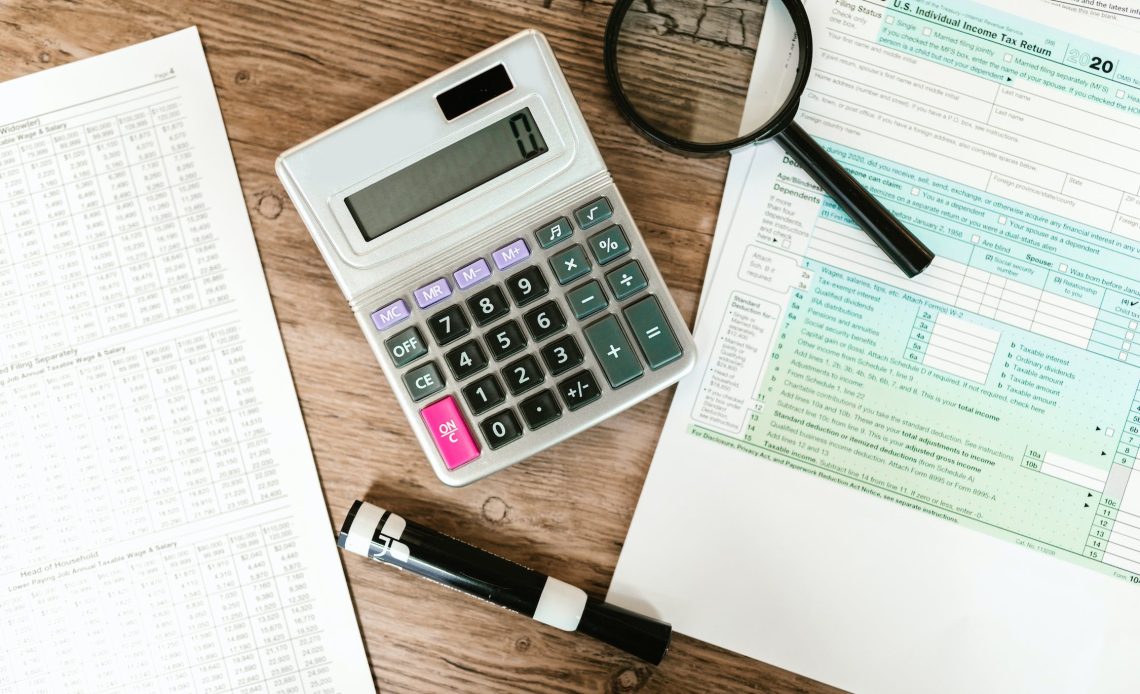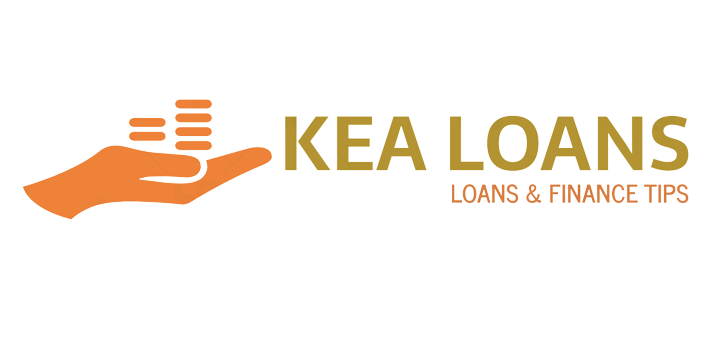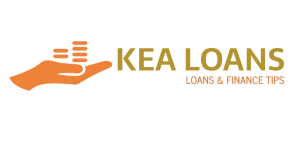
Introduction to Debt Consolidation
For many, managing multiple loans can become a daunting task that often leads to financial stress. Fortunately, there’s a solution: Debt Consolidation. This process involves bundling multiple debts into a single, more manageable loan. The ultimate objective is to simplify payments, reduce interest rates, and expedite debt repayment.
How Does Debt Consolidation Work?
Debt consolidation entails taking out a new loan to pay off several debts. This strategy can be particularly beneficial if you’re able to secure a lower overall interest rate for the consolidated debt. This not only simplifies your financial management by offering a single monthly payment, but also potentially saves you money in the long run.
Debt Consolidation Calculator: A Crucial Tool
A debt consolidation calculator is an invaluable tool when considering debt consolidation. It allows you to calculate your total outstanding loan amounts, credit card balances, and other debts. Moreover, it provides a glimpse of what your monthly payment might look like with a consolidated loan. By adjusting the terms, loan types, or rates, you can find a debt consolidation plan that aligns with your financial goals and budget.
Exploring Debt Consolidation Methods
After running the calculations, it’s time to select a strategy to consolidate your debt. Each option has its pros and cons, so it’s important to meticulously shop around for financial products to ensure you’re getting the best rate and terms.
Personal Loans
A personal loan is an unsecured loan with equal monthly payments. Loan amounts can vary based on your credit score and history. Because a personal loan is unsecured, there are no assets at risk, making it a viable option for a debt consolidation loan. However, securing a large loan with a low APR requires a good credit score.
Home Equity Loans or Lines of Credit
If you’re a homeowner, you can use the equity in your home to consolidate your debt. Home equity loans and lines of credit generally have lower interest rates, potentially making them cost less than a personal loan or credit card balance transfer. However, failing to repay the loan could lead to foreclosure.
Credit Card Balance Transfers
Transferring your debt to one credit card, also known as a credit card balance transfer, can help you save money on interest. However, you need to be cautious with this approach to avoid accumulating additional debt on your other cards.
Savings or Retirement Accounts
You may also consider using your savings or retirement accounts to pay off your debt, though this strategy comes with its own disadvantages. For instance, borrowing from your savings might leave you without an emergency fund. Additionally, borrowing from your 401(k) or Roth IRA could lead to penalties and a loss of compound interest.
Debt Management Plans
Debt management plans offer an alternative to loans, credit cards, and tapping into savings or retirement accounts. With a debt management plan, you’ll work with a nonprofit credit counseling agency to negotiate with creditors and devise a plan to pay off your debts.
Is Debt Consolidation the Right Choice for You?
Debt consolidation isn’t for everyone. It’s beneficial only if you qualify for a lower interest rate than what you’re currently paying. Additionally, only certain types of debt can be consolidated.
Understanding the Impact on Your Credit Score
Applying for a debt consolidation loan might cause a temporary dip in your credit scores due to lenders requiring a hard credit pull. However, your credit scores should rebound if you make on-time payments and avoid accumulating new debt.
Selecting the Right Lender
Choosing the right lender is crucial in your debt consolidation journey. It’s advisable to review multiple lenders to find the one that offers the best terms for your situation.
FAQs
Can I consolidate all my debts into one payment?
Yes, you can consolidate all your debts into one payment using a balance transfer card or a debt consolidation loan.
Do debt consolidation loans hurt my credit score?
Applying for a debt consolidation loan might cause a temporary dip in your credit scores. However, if you make on-time payments and avoid accumulating new debt, your credit scores should rebound.
What is the average interest rate on a debt consolidation loan?
Interest rates on mainstream debt consolidation loans typically range from 6% to 36%. Your credit score plays a significant role in the rate you qualify for.
Can I use my credit cards after debt consolidation?
Yes, you can use your credit cards after debt consolidation. However, it’s best to use them sparingly and pay off balances in full to avoid paying interest and running up more debt.
Conclusion
In conclusion, debt consolidation can be a useful tool for individuals struggling to manage multiple debts. However, it’s essential to thoroughly evaluate your financial situation, explore all available debt consolidation methods, and use handy tools such as a debt consolidation calculator before making a decision.

